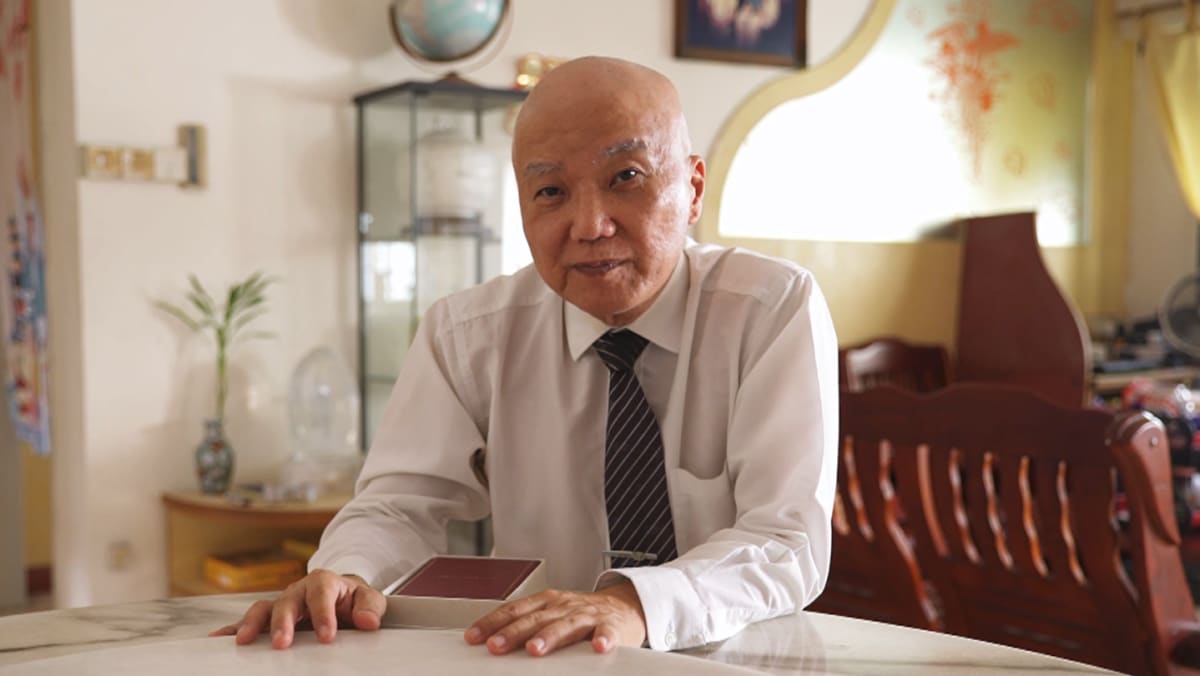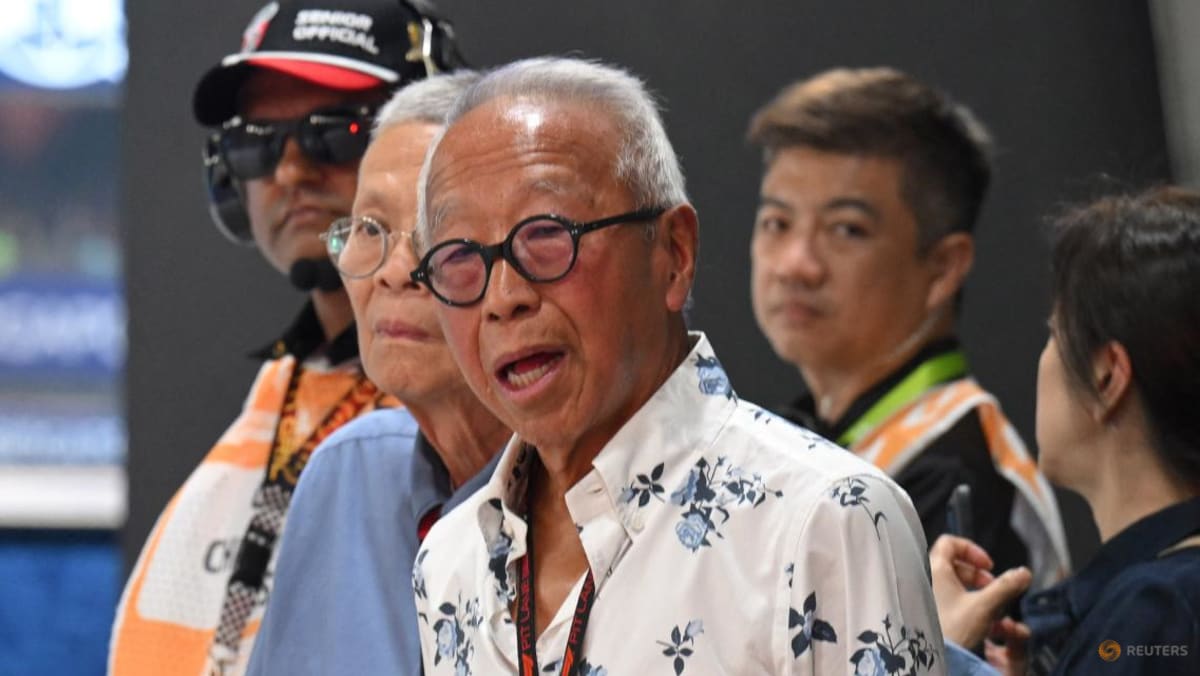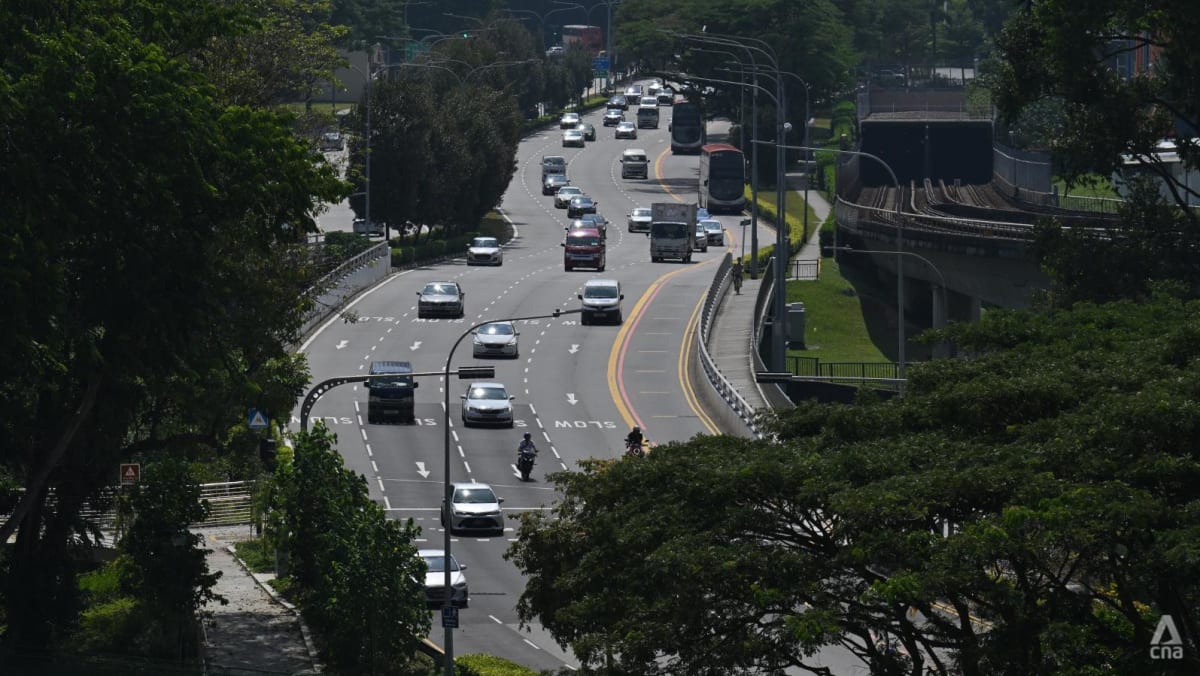IS POFMA ENOUGH AS TECHNOLOGY CHANGES?
Even though some segments of the population may question the need to have such a law as POFMA, the fact remains that fake news is a serious matter in many democracies and there must be a way for governments to act against this evolving scourge, several analysts said.
Dr Soon, who is also the principal research fellow at IPS, said that since 2019, perpetrators of fake news have become more sophisticated in their strategies to confuse and disrupt, and the falsehoods have also become more “insidious”.
After all, producers of misinformation and disinformation are no longer limited to notorious groups or partisan actors whom one might call out more easily.
Instead, social media influencers as well as bona fide professionals such as advertising and public relations practitioners have also been held responsible in recent years, Dr Soon noted.
For instance, during the 2019 mid-term elections in the Philippines, it was discovered that “micro-influencers” — social media personalities who lack mainstream fame — became purveyors of falsehoods during the polls in exchange for money. They were said to have reposted questionable articles or drew attention to propagandistic websites containing false information.
Dr Soon said these social media influencers would have a considerable size of loyal fans who will accept their claims with little or no scrutiny.
With the frontlines of the battle against falsehoods shifting towards more sophisticated methods such as deepfakes and algorithm-based personalised content, more needs to be done to counter them, the analysts said.
Dr Zhang Xue, a research fellow at the S Rajaratnam School of International Studies who studies misinformation, noted how foreign interference and cross-boundary disinformation propaganda present increasing challenges as they are designed to be covert and difficult to trace.
This was why Singapore enacted a suite of other laws including the Foreign Interference (Countermeasures) Act.
Last month, it proposed a law to safeguard against deepfakes and other forms of digitally created or manipulated content during elections, Dr Zhang said.
Agreeing, Dr Soon said that POFMA was introduced before generative artificial intelligence became popular and deepfake technology was more accessible to the masses.
“The new (anti-deepfake) Bill … points to the inadequacy of POFMA in dealing with new forms of falsehoods like digitally manipulated content,” she added.
WHAT OTHER COUNTRIES ARE DOING
As technology evolves, more countries are recognising the necessity of such legislative levers against falsehoods, the analysts said.
When Singapore parliamentarians first debated the need for an anti-fake news law five years ago, there was already a precedent of such a law set in Germany, known as the Network Enforcement Act (NetzDG), or more popularly known as the Facebook Act.
In the midst of a global trend by regulators to act against fake news, hate speech and misinformation on social media platforms at the time, Germany passed NetzDG in 2017, and the law was often brought up during Singapore’s parliamentary select committee hearings in 2018.
Today, NetzDG has been superseded in Germany by the Digital Services Act of the European Union (EU), which also applies across the EU member states.
Likewise, POFMA was also mentioned elsewhere as the inspiration behind other laws to combat fake news. In 2019, Nigerian legislators came under fire in their own country for a draft law that was said to be “plagiarised” from Singapore’s POFMA, featuring similar legal wording but slightly edited to fit Nigeria’s context.
Other Asian countries such as Indonesia and Sri Lanka have also followed suit with their own laws in recent years. The analysts said that there was similar pushback from civil society in these jurisdictions over claims that they stifle freedom of expression, among others.
Assoc Prof Tan from SMU said: “With the benefit of time, Singapore’s POFMA was and is clearly ahead of the legislative curve when compared to other jurisdictions.
“Other countries, including liberal democracies, have belatedly wised up to the problem of misinformation and disinformation, which has become a much bigger issue since (Singapore’s) select committee hearings.
“But the crucial difference is that many jurisdictions lack the political will or cleave excessively to freedom of speech at the expense of (protecting) society from such online harms.
“So, the harm grows but they lack the tools to deal with them.”
VIEWS DIVIDED
Since its inception, the pushback against POFMA from its critics has been about the government’s “selective enforcement” of the law on opposition figures and its “chilling effect” on academia, the media, as well as other forms of expression.
Some critics also said that invoking POFMA in cases where the falsehoods have not become viral risked backfiring on the authorities, because the very act of issuing the directive would contribute to its spread. This phenomenon is known as the “Streisand effect”.
Responding to these critics, MinLaw and MDDI said that the law generally only applies when the comment “relates to public institutions or the discharge of some government function”.
“People often involved in such commentary are themselves people who are politicians or political commentators,” they added.
“There are many political parties and many politicians, but few have been issued with POFMA orders.”
The COVID-19 pandemic was an exception in that most POFMA orders issued were targeted at health-related falsehoods.
At its height between 2020 and the first quarter of 2023, there were 38 POFMA cases, of which 21 were related to COVID-19, statistics from the POFMA Office showed.
During that time, POFMA was also invoked in five cases during the 2020 General Election period from the issuance of the Writ (June 23, 2020) to the close of Polling Day (July 10, 2020).
Asked what goes on behind the scenes before issuing a POFMA, the ministries said that there is a rigorous process for each case to ensure that such decisions are justified and appropriate. A Cabinet minister then decides if POFMA ought to be invoked.
“This is not a decision that is taken lightly,” the ministries stressed.
During General Elections, when parliament is dissolved, senior civil servants such as permanent secretaries are appointed to make such decisions. They, not the ministers, decide if POFMA should be used during these periods.
As for whether the government considers the Streisand effect when issuing POFMA orders, the ministries said that the decision is not determined by whether a falsehood has reached a wide audience or not.
Instead, POFMA is used “on clean principles”. Action will be taken if the falsehood is assessed to affect the public interest, since falsehoods that are not addressed can have a “slow-drip effect” of being repeated over time, thus altering perceptions of the truth.
IMPORTANT HOW PUBLIC PERCEIVES POFMA
All things being considered, some analysts said that the authorities have to pay heed to how the public thinks of such laws, given that they are a part of the fight against fake news.
Of the six people interviewed on the street by CNA TODAY, none were clearly for or against POFMA. Most were like Mr Haiqal, who agreed that such a law is needed in principle, but the way it is used matters more.
Some offered nuanced views, such as scientist Justin Koh, 34, who said that his support for POFMA depended on the government of the day.
“POFMA is okay if I have faith in the government to do what is right to uphold the truth. But if I do not have faith in the government, then POFMA is a very bad law.”
Others felt strongly that POFMA works because there are people who might not be so savvy in verifying fact from fiction, and they rely on the authorities to act “paternally” to correct the untruths. However, fitness trainer Shawn Liew, 27, said that such an authority should be apolitical and independent.
A dentist in his 30s who wanted to be known only as Dr Tan was of the view that there were limits to what the law can do.
He said that there are many instances of geopolitical fake news from foreign media that goes uncorrected, even though these have a significant influence on how Singaporeans think about global affairs. To him, it shows how ineffective POFMA is in safeguarding public discussions from falsehoods.
To understand how people feel about the fake news law, Dr Zhang said that a longitudinal study needs to be done to find out whether public perception has changed towards POFMA since it came into effect.
“Public perception of POFMA is important because it directly influences how effectively the law can achieve its intended purposes.
“If the public perceives POFMA favourably, they will be more likely to believe the corrections instead of the falsehoods,” Dr Zhang added.













